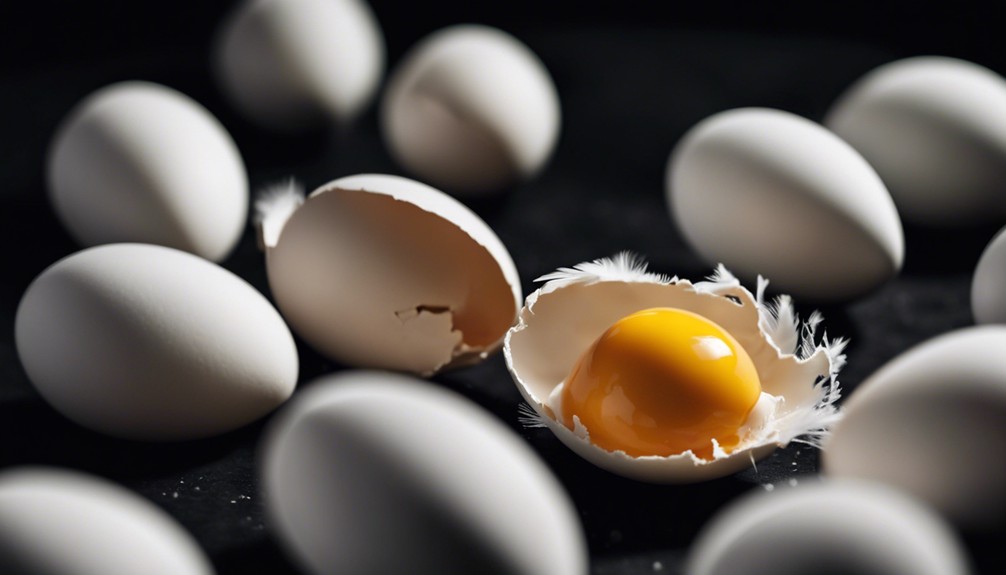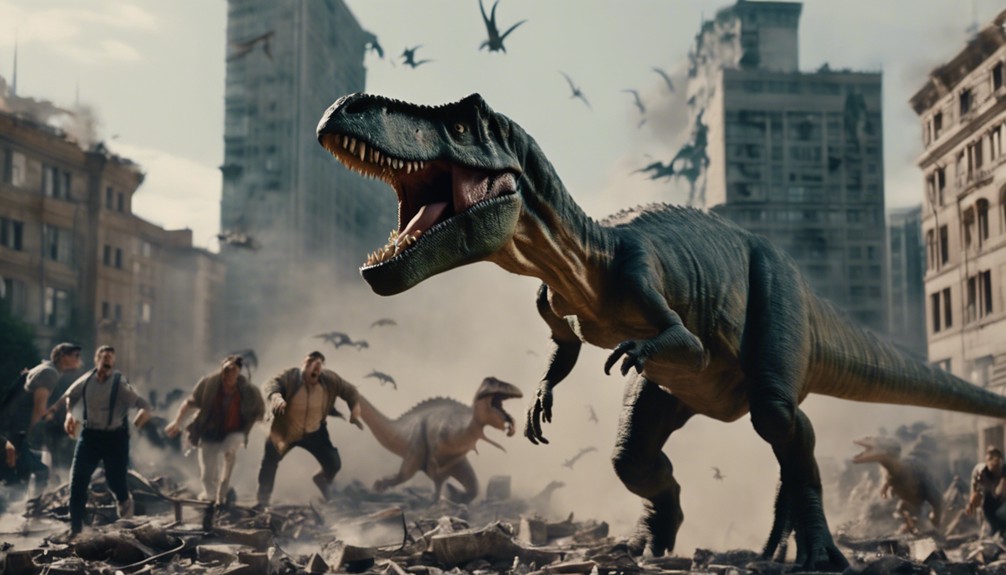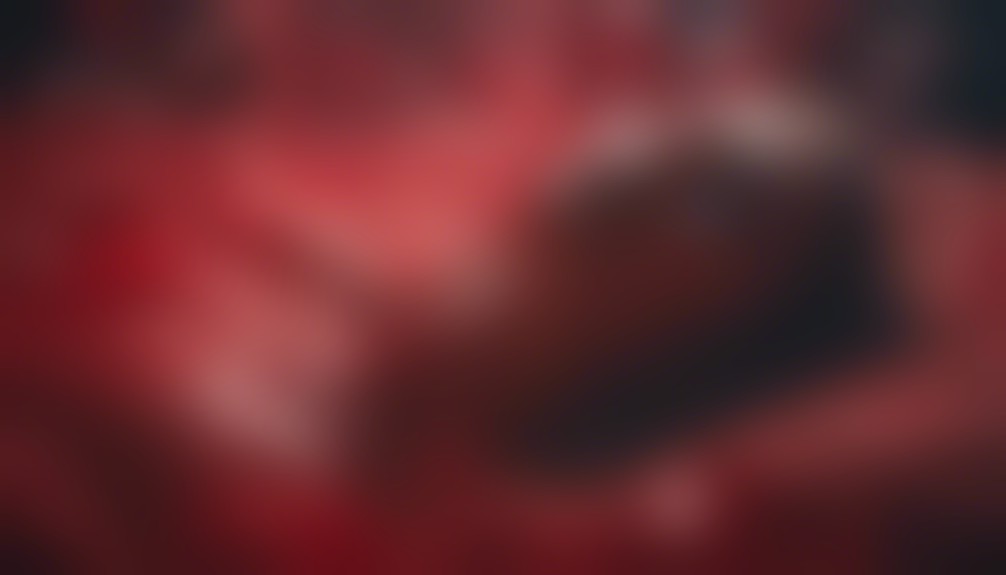When I woke up this morning, I had a dream about a clown. I’ve always found clowns to be a bit unsettling, and this dream was no exception. I couldn’t help but wonder what it meant. As it turns out, I’m not alone in my curiosity. Many people have dreams about clowns, and they often wonder what these dreams are trying to tell them.
Dream interpretation is a fascinating field, and it’s one that has been studied for centuries. There are many different theories about what dreams mean, and how they can be interpreted. When it comes to clowns in dreams, there are a few different interpretations that are commonly accepted. Some people believe that clowns represent hidden emotions or fears, while others see them as symbols of innocence and playfulness. Still, others believe that clowns in dreams represent a need for laughter and joy in one’s life.
Understanding Dream Symbolism
Dreams are a fascinating and mysterious aspect of human experience. They can be vivid and intense, and often leave us wondering what they mean. One way to interpret dreams is through understanding dream symbolism.
The Role of Clowns in Dreams
Clowns are a common symbol in dreams, and their presence can have a variety of meanings. In some cases, clowns may represent fear or anxiety. The exaggerated features and unpredictable behavior of clowns can be unsettling, and may reflect a sense of unease or uncertainty in our waking lives.
On the other hand, clowns can also symbolize humor and playfulness. They are often associated with the inner child, and may represent a desire to let loose and have fun. In this context, seeing a clown in a dream may be a reminder to not take things too seriously, and to embrace the joy and spontaneity of life.
Common Clown Symbolism
Clowns can also have more specific meanings in dreams, depending on the context and other elements of the dream. For example, a clown may represent a trickster figure, who is playing a joke or trying to deceive us. Alternatively, a clown may be a symbol of transformation, as they often wear masks or makeup that can obscure their true identity.
In some cases, clowns may be a symbol of the unknown or the mysterious. They may represent a hidden aspect of ourselves or our lives that we are not yet aware of. Alternatively, clowns may symbolize the need to confront our fears and overcome them, as they often embody the things that scare us the most.
Overall, the meaning of clowns in dreams can be complex and multifaceted. By paying attention to the context and other elements of the dream, we can gain a deeper understanding of what they might be trying to tell us.
Psychological Perspectives on Clown Dreams
As a therapist, I have had many patients who have reported having dreams about clowns. While the meaning of these dreams can vary from person to person, there are some common psychological perspectives that can help us understand what clowns may represent in our dreams.
Analyzing Fear and Anxiety
One of the most common themes in clown dreams is fear and anxiety. This may be due to the fact that clowns are often associated with the unknown, the unpredictable, and the uncanny. In fact, coulrophobia, or the fear of clowns, is a well-documented phenomenon. For some people, seeing a clown in their dreams may be a reflection of their own fears and anxieties.
Clowns as a Reflection of Self
Another perspective on clown dreams is that they may be a reflection of the self. In many cases, the clown in the dream may represent a part of the dreamer’s personality that they are not in touch with or are afraid to express. For example, the clown may represent the dreamer’s playful or mischievous side, or it may represent repressed emotions or desires.
Childhood Influences and Nostalgia
Finally, clowns may also be associated with childhood innocence and nostalgia. For many people, clowns represent a simpler time in their lives when they were carefree and innocent. Seeing a clown in their dreams may be a way for the dreamer to reconnect with this part of themselves and to tap into the sense of wonder and joy that they experienced as a child.
In conclusion, while the meaning of clown dreams can vary from person to person, there are some common psychological perspectives that can help us understand what clowns may represent in our dreams. Whether it is fear and anxiety, a reflection of the self, or a connection to childhood innocence, exploring the meaning of these dreams can be a powerful tool for personal growth and self-discovery.
Cultural and Contextual Interpretations
Dreams are often considered to be a reflection of our waking life experiences, thoughts, and emotions. The interpretation of dreams has been a subject of interest for centuries, and many cultures have developed their own interpretations of dreams based on their beliefs, traditions, and practices.
Clowns in Media and Popular Culture
In modern Western culture, clowns are often associated with entertainment and humor. However, the portrayal of clowns in media and popular culture has also given rise to negative associations such as fear, sadness, and evil. The sad clown, for instance, is a common trope in literature and film that represents the idea of a performer who is forced to put on a happy face despite their inner turmoil. The evil clown, on the other hand, is a popular horror trope that portrays clowns as malevolent and threatening.
Personal Context and Dream Variations
The interpretation of clowns in dreams can vary depending on the individual’s personal context and experiences. For instance, a person who has had positive experiences with clowns in their waking life may interpret a clown in their dream as a positive symbol of joy and entertainment. Conversely, a person who has had negative experiences with clowns may interpret a clown in their dream as a negative symbol of fear or anxiety.
Dream variations can also play a role in the interpretation of clowns in dreams. For example, a dream in which a clown is performing for a crowd may represent the dreamer’s desire for attention or recognition. A dream in which a clown is chasing the dreamer may represent the dreamer’s fear of being pursued or attacked.
In conclusion, the interpretation of clowns in dreams can be influenced by a variety of factors, including cultural context, personal experiences, and dream variations. It is important to approach dream interpretation with an open mind and consider all possible meanings and interpretations.
Navigating Dream Meanings and Personal Growth
Dreams have always been a mysterious and fascinating aspect of human experience. They can be a source of inspiration, creativity, and personal growth. However, they can also be a source of fear, anxiety, and confusion. As a dream interpreter, I believe that dreams are a reflection of our innermost thoughts, feelings, and desires. They can provide valuable insight into our subconscious mind and help us navigate our waking life.
From Nightmares to Opportunities
One of the most common dreams that people have is about clowns. For many, clowns are associated with childhood memories of circuses and birthday parties. However, for some, clowns can be a source of fear and anxiety. In dreams, clowns often represent the shadow side of our personality, the part of ourselves that we are afraid to confront. They can also represent a fear of being judged or ridiculed by others.
When we have a dream about clowns, it is important to pay attention to our emotions and reactions. Instead of avoiding or suppressing these feelings, we can use them as an opportunity for personal growth. By facing our fears and embracing our shadow self, we can learn valuable lessons about ourselves and our relationships with others.
Embracing Transformation and Healing
Dreams can also be a powerful tool for transformation and healing. When we have a dream about clowns, it can be a sign that we are ready to let go of old patterns and beliefs that no longer serve us. Clowns can represent the trickster archetype, the part of ourselves that challenges the status quo and invites us to see things from a different perspective.
By embracing this aspect of ourselves, we can open ourselves up to new possibilities and experiences. We can also use our dreams as a source of guidance and inspiration. By paying attention to the symbols and messages in our dreams, we can gain insight into our deepest desires and aspirations.
In conclusion, dreams are a powerful tool for personal growth and self-expression. By navigating the meanings of our dreams, we can learn valuable lessons about ourselves and our relationships with others. Clowns, in particular, can be a source of fear and anxiety, but they can also be an opportunity for transformation and healing. By embracing the trickster archetype and facing our fears, we can open ourselves up to new opportunities and experiences.



